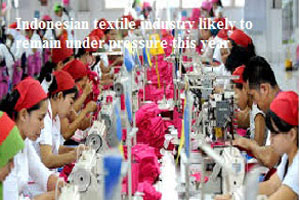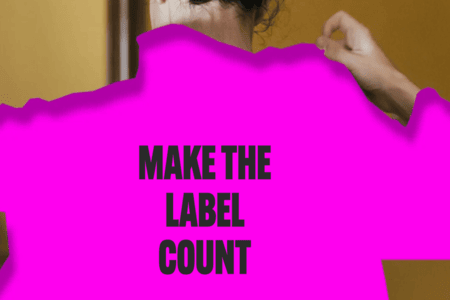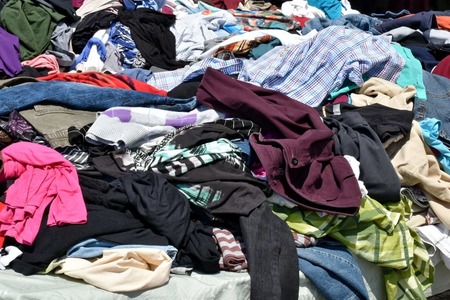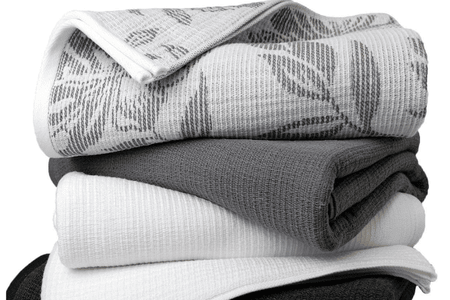
Indonesian textile industry likely to remain under pressure this year
YarnsandFibers News Bureau 2016-07-14 17:00:00 – JakartaThe textile industry, one of the oldest industries in Indonesia, is a key industry within Southeast Asia's largest economy as it - being labor intensive - creates employment opportunities for millions of Indonesians. Although, by far, China is the world's top textile producer and exporter, Indonesia cannot be labelled a small player being ranked among the world's top ten largest textile producers.
But, Indonesian textile and textile products industry remains under pressure this year as exports of Indonesian textile and textile products are only expected to grow 1 percent to USD $12.3 billion in full-year 2016, below the 3 percent target that was set by the Indonesian Textile Association (API).
API Chairman Ade Sudrajat said that the exports in first quarter only reached USD $2.6 billion. Moreover, even on the domestic market Indonesia has trouble to compete with imports of cheap textile and textile products from Vietnam and China.
With China's economy facing several problems, including rapidly rising minimum wages, Indonesia could expand its role in the global textile industry. However, Indonesia too is facing problems, including higher minimum wages as well as relatively high energy tariffs.
As such, other textile producing nations in Southeast Asia (Vietnam, Cambodia and Myanmar) are seemingly more successful in taking away some of China's market share on the global stage. More alarmingly, these regional rivals are gaining market share in Indonesia itself where consumers' purchasing power has weakened in recent years and are therefore eager to purchase the cheapest textiles available.
Sudrajat said that Indonesian textile producers now control a domestic market share below 30 percent. In fact, during the Idul Fitri holiday, when consumption usually rises, he detected no significant rise in domestic textile sales.
Recently, the Indonesian government cut electricity tariffs for domestic labor intensive industries in an effort to support domestic industries. The textile industry is one of the industries that is considered most-badly affected by the country's economic slowdown after 2011. However, this incentive is yet to have a positive impact on Indonesia's textile industry.
It will require much more structural changes in order to boost the domestic textile industry and prevent more bankruptcies as well as mass layoffs.
Moreover, for Indonesia it is difficult to compete with Vietnam on markets in Europe and the USA because Indonesia is not engaged in free trade partnerships with these regions. As such, Indonesia's textile exports to Europe are subject to import duties in the range of 11- 30 percent, while Vietnam can export its textile products to the European Union without being charged import duties. This makes Vietnam's products much more competitive.
Currently, as the Indonesia’s domestic fashion industry is still highly dependent on imports, it’s textile industry should diversify and start to offer materials for the nation's flourishing fashion industry.
The Indonesian textile industry also needs to seek non-traditional export markets in order to expand its export base. For example Turkey and Iran are countries that could be a new target. Soon, an Indonesian delegation will visit these countries to seek opportunities for Indonesian textile exports.
Market Intelligence
Ask for free sample Report

experience
Customer Base
dedicated team
Countries Served Worldwide









